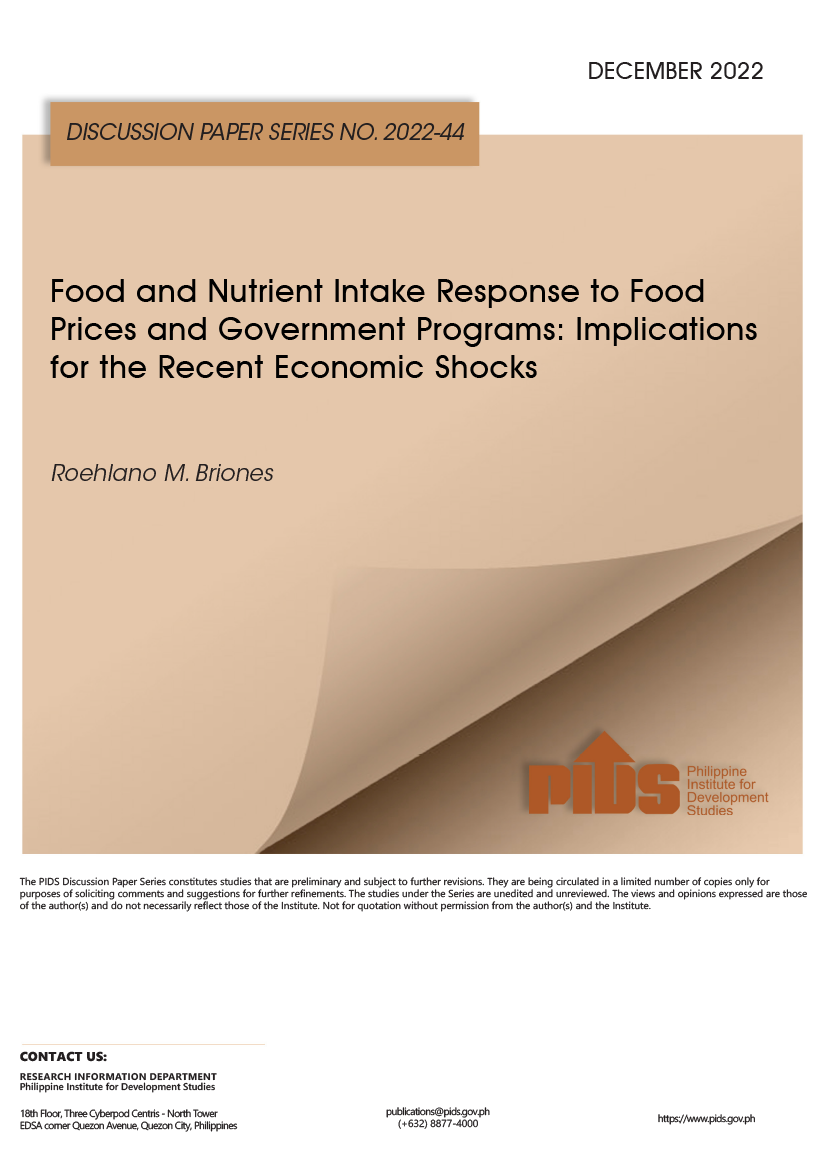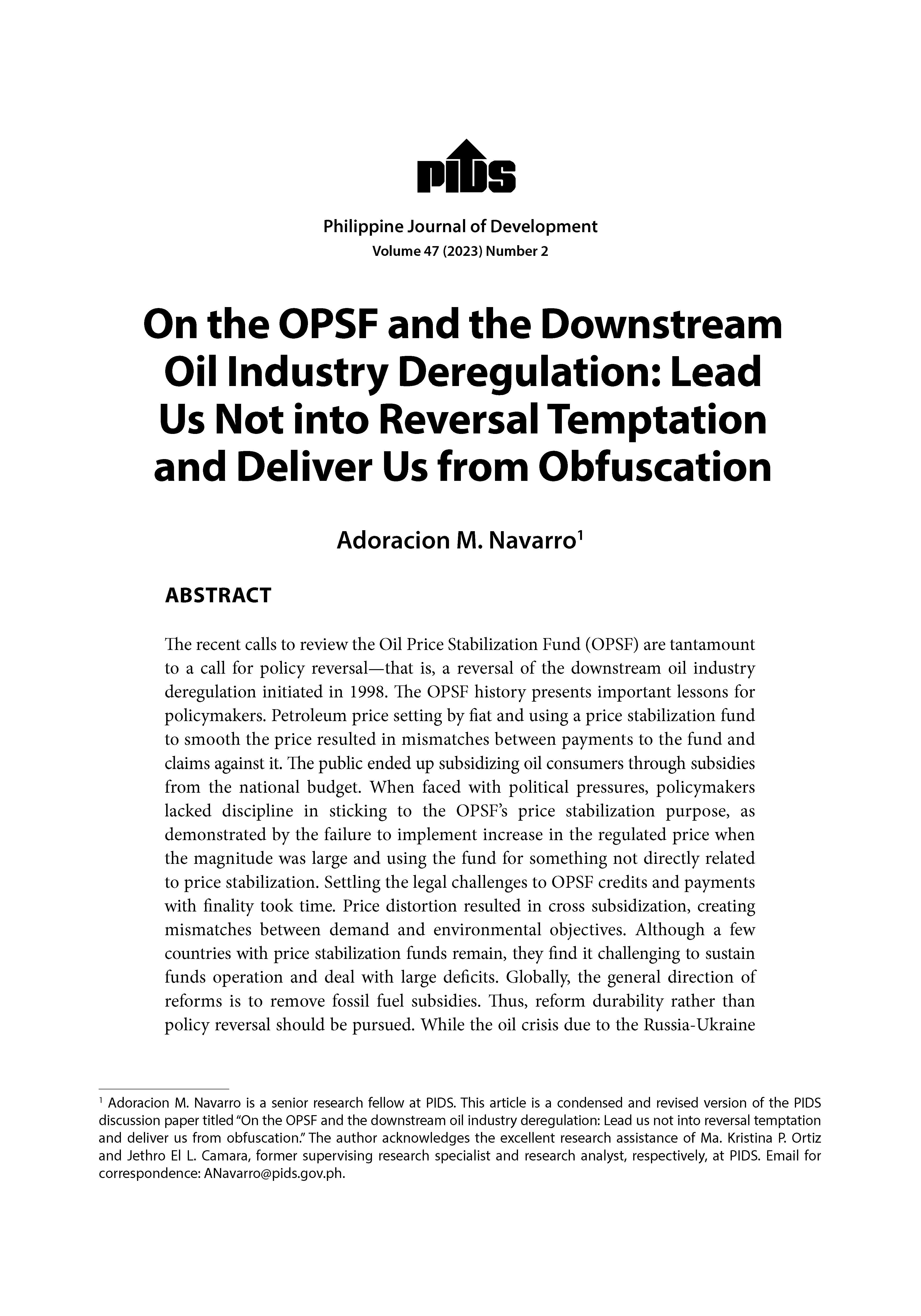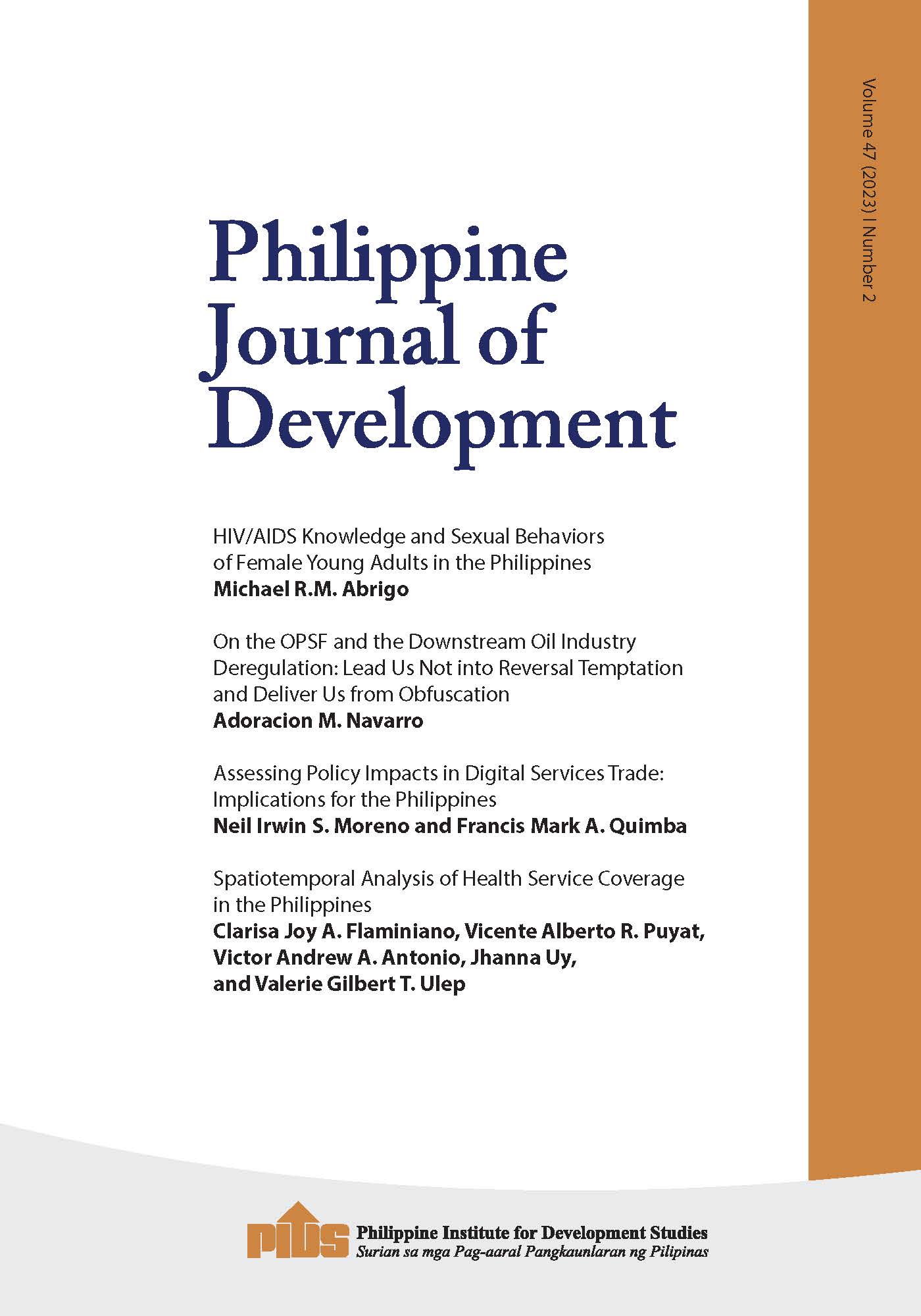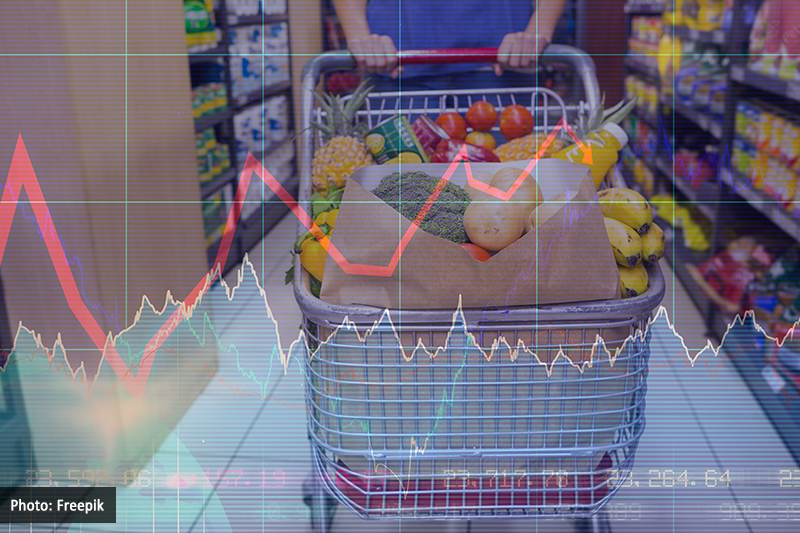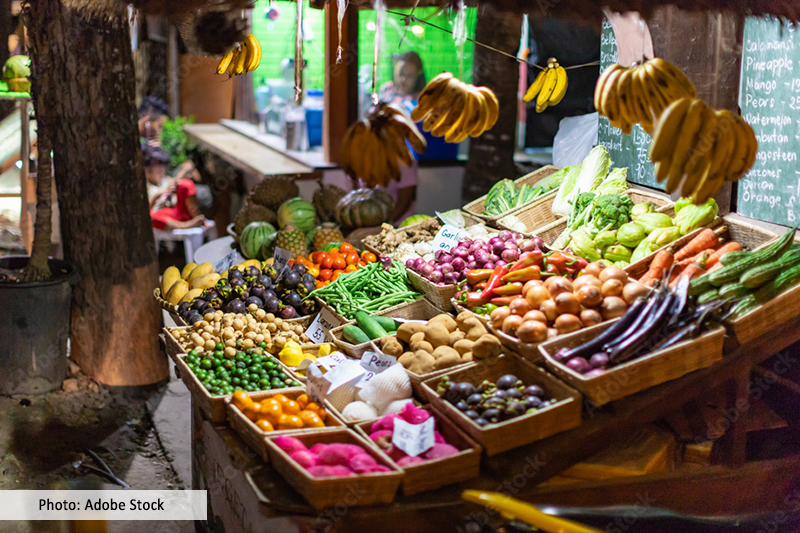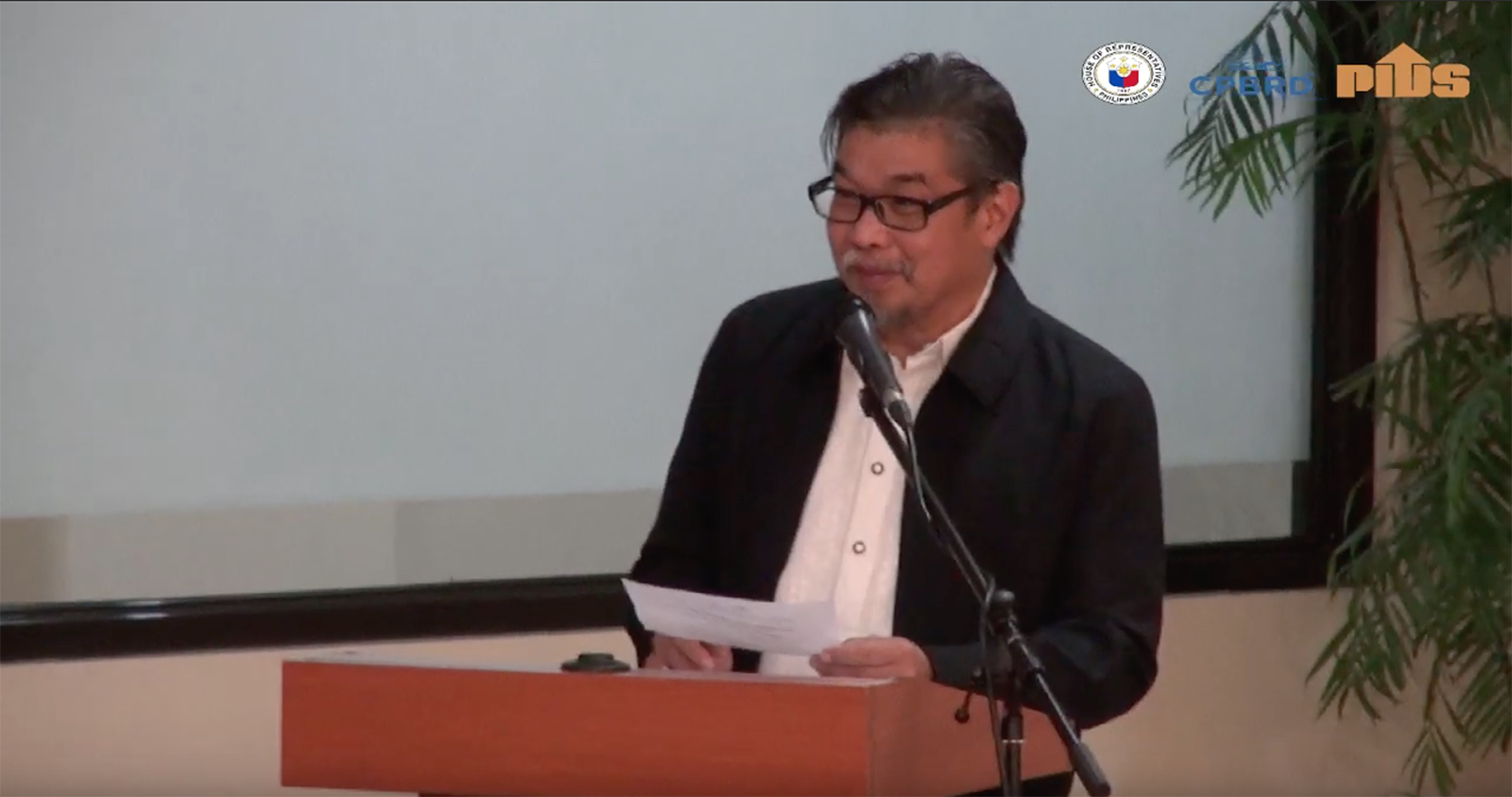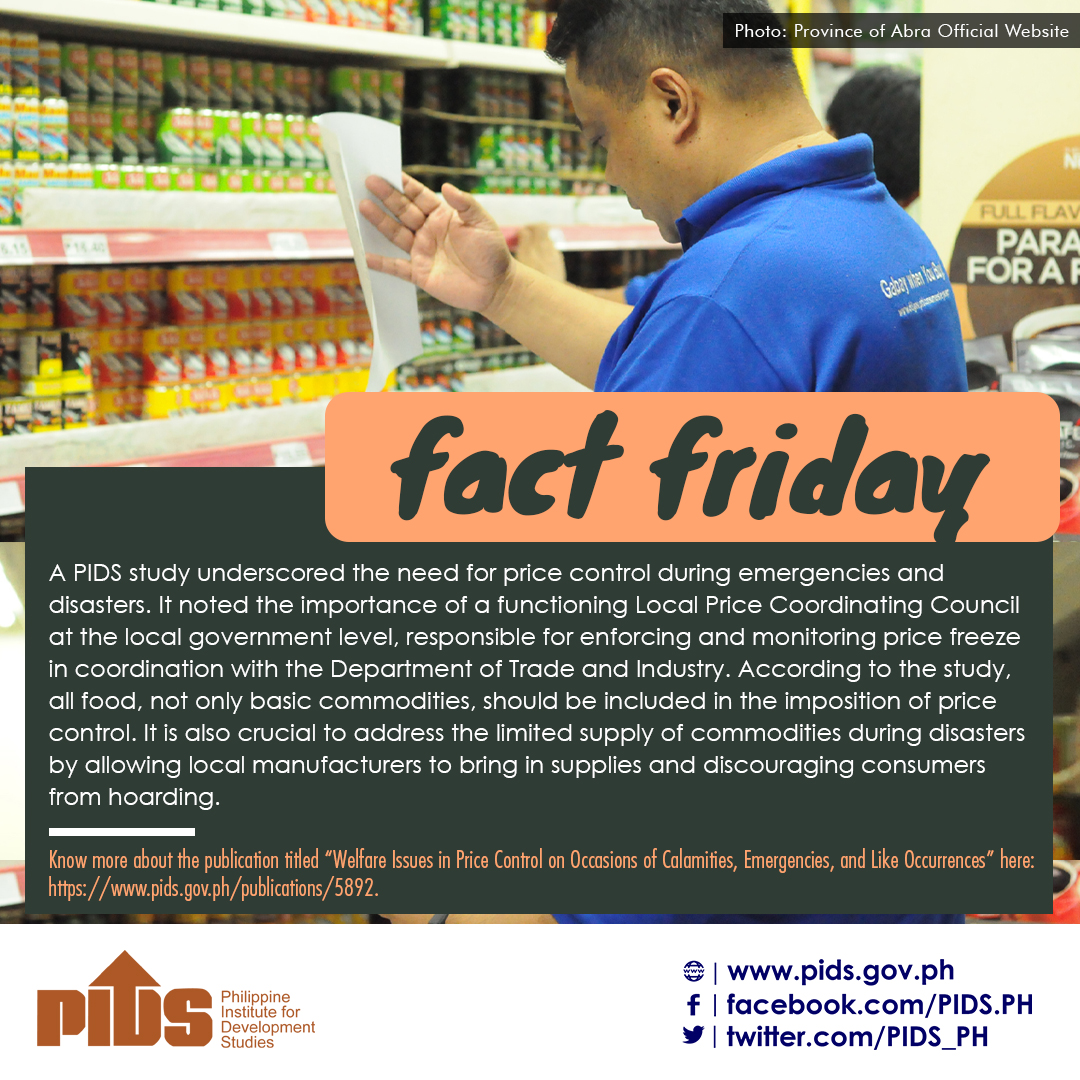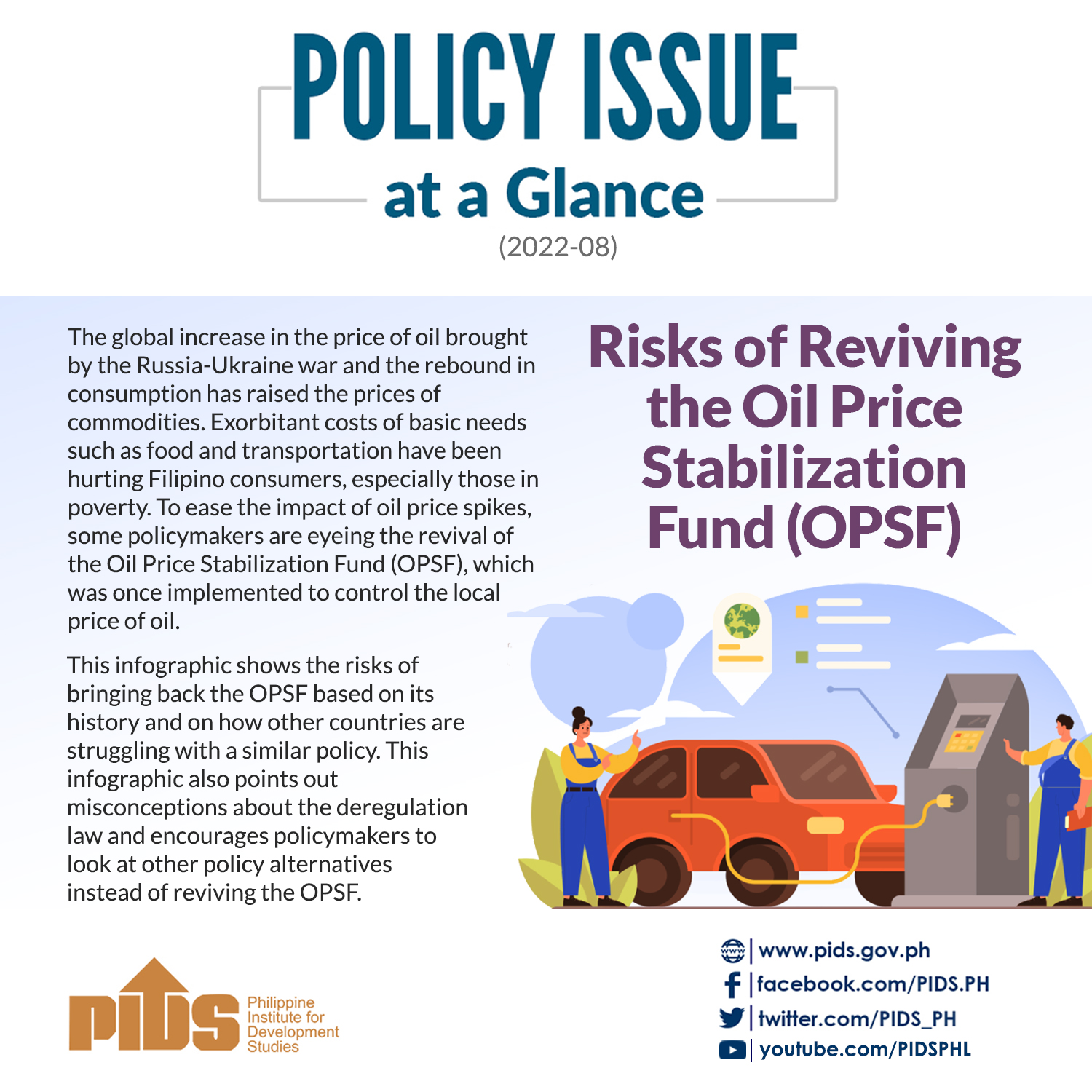Just as new Palace Assistant on Food Security Francis Pangilinan strives to snuff out the coconut scale-insect infestation, another fire breaks out. The burning issue is Vietnam’s failure to deliver last May 200,000 tons of rice to the Philippines. Thus looms a repeat of the rice shortage and price surge of June 2013.
Vietnam is renegotiating with the Philippines its delivery deadlines of 800,000 tons that the Philippines purchased in April. Its two state-owned grains enterprises, Vinafood-I and -II, cannot gather enough stocks from farmers. To be moved back are shipments of 200,000 tons per month, May to Aug.
Oryza.com, a website that tracks global grains trade, cites two general reasons for Vietnamese farmers’ disinterest: the buying price is too low, and the conditions too steep (see http://oryza.com/news/rice-news/vietnam-discuss-change-delivery-dates-ph...).
But sources inside the Philippines’ National Food Authority detail the problem. The NFA is imposing impossible quality standards – to mask the overpricing of rice imports in 2013. It is also imposing on Vinafood-I and -II a single favored cargo handler – to mask the overpricing of such services at present.
Last March the NFA bid out the supply of 800,000 tons of "well-milled, long-grained white rice, 15 percent broken.” This was a major departure from the usual imports of "ordinary white rice, 25 percent broken.” That’s so graft busters will be unable to compare apples and oranges, insiders say. Agriculture Sec. Proceso Alcala and NFA administrator Orlan Calayag have been accused of plunder, in the P3.4-billion overprice of 702,500 tons of Vietnam rice last year.
In the bidding the NFA redefined long-grained, from the global standard of 6.2-6.9 mm to only 6.5-6.9 mm. This drove away private Thai bidders, leaving only Vinafood. It was with Vinafood that a Filipino businessman brokered for the NFA, according to accuser lawyer Argee Guevarra.
On top of all this, the NFA required Vinafood-I and -II to hire its single accredited cargo handler, at $30 per ton more than market rates. This overprice is estimated at P1.08 billion, given the 800,000-ton volume and the P45:$1 exchange rate (see Gotcha, 21 May 2014).
Though the Vietnamese agencies reportedly grumbled, they had no choice. As of mid-May the cargo handler was increasing its service fee (see Gotcha, 23 May 2014). With delivery deadline only two weeks away, they were under the gun.
About that time was Pangilinan appointed presidential assistant, to solve the crises in rice, coconut, irrigation, fertilizers and pesticides.
This month last year NFA rice retail prices zoomed 50 percent from P25 to P38 a kilo, ironically right after the bumper harvest of April-May. Alcala blamed it on cartelists-price manipulators.
But state think tank Philippine Institute for Development Studies traced the problem to NFA underestimation of import needs (see http://oryza.com/news/rice-news/philippines-rice-prices-surge-reduced-im...). PIDS said Alcala mistakenly forecast rice self-sufficiency, a hope dashed by one typhoon in July.
While this year’s 800,000-ton imports may be more, late delivery could result in domestic shortage.//

